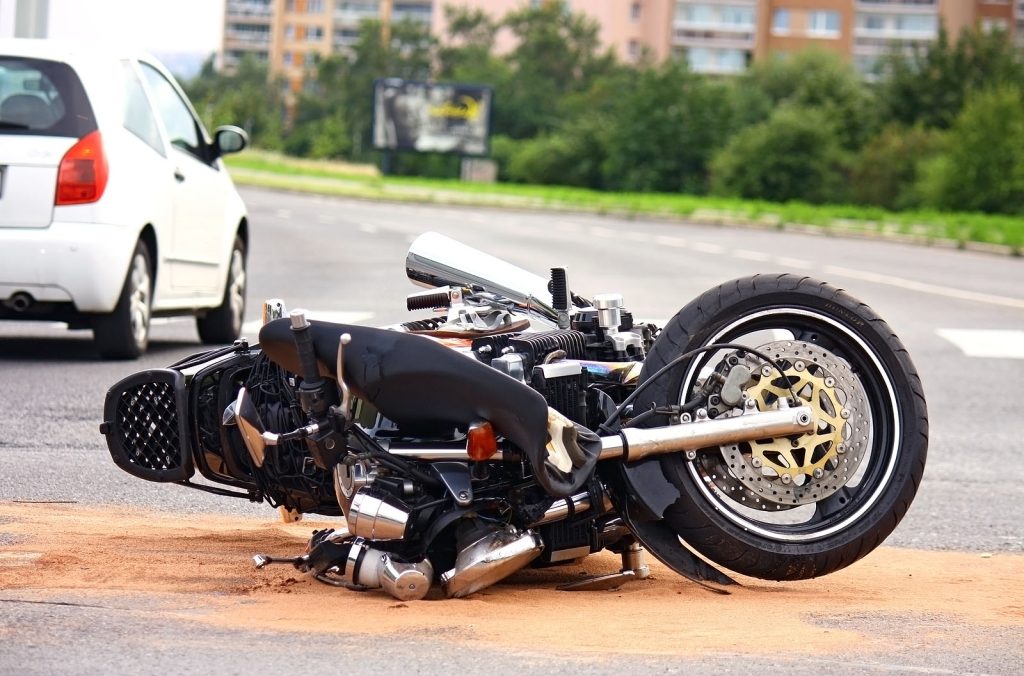Spring is coming, and it will soon be time to put away the snowmobiles and get ready for outdoor fun on ATVs, dirt bikes, and jet skis. A day in the sun often includes alcoholic beverages, and it’s all too common for people to drink while they take spins on their favorite recreational vehicles or even while they take a drive out into the country.
Sometimes people believe that it’s legal to drink at the wheel, or the handlebars, if they do it on property that belongs to them or to someone else who does not mind. That’s not true in Indiana. Here, the law does not make an exception for drinking and driving on private property.
What Does the Law Say?
Indiana’s laws defining OWI (operating while intoxicated) vehicle violations appear in Title 9 of the Indiana Code. The various descriptions of misdemeanor and felony offenses all refer to a person “operating a vehicle.” Section 9 specifically says, “It is not a defense in an action under this chapter that the accused person was operating a vehicle in a place other than on a highway.”
What is a “vehicle,” exactly? For the purposes of OWI law, it means “a device for transportation by land or air” (with the exception of a mobility device like an electric wheelchair). This covers popular recreational vehicles like four-wheelers and dirt bikes. As for the water, a separate law makes it illegal to operate personal watercraft (like jet skis) and motorboats under the influence. Moreover, due to the state’s laws on water rights, no body of water in Indiana is legally “private property,” even if someone owns its banks and the rights to use it.
It’s clear you should not risk your life and your record by driving or operating a vehicle under the influence, no matter how far out on private property you may be. But what can you do if it is too late?
What Are Your Options?
First, it is essential to contact a criminal defense attorney in Indiana and discuss what happened, including all the details. Our office can help guide you through the process and determine whether the case against you is as solid as it seems.
In order to stop you, an officer has to have “reasonable suspicion” that you violated the law, and it is relatively easy for the officer to decide to have it. You do not even have to be actually driving the vehicle. When an officer out on the road observes slightly erratic driving or a possibly impaired person behind the wheel of a stationary vehicle, that is enough reasonable suspicion for further action.
What if that vehicle is on private property? An officer can certainly take action if they develop reasonable suspicion about a vehicle:
- that then moved from public property to private property (like turning off a road to a driveway)
- that they observed while lawfully present on the property (for example, if they were called)
But if you can show that an arresting officer did not have reasonable suspicion or did not have a lawful reason for being on the property, the prosecutor may not want to proceed with the case. Without these, the charges cannot stand—at least if you are able to mount an effective defense.
An Indiana OWI attorney can help you do that. They may be able to show that the officer had no right to stop you or that your blood test or breathalyzer test was not taken correctly. With an experienced criminal defense attorney, you stand a much better chance of facing lesser penalties or even of having your case thrown out entirely. Contact our Anderson office today—we want to talk to you about your situation.

 CALL US NOW
CALL US NOW











